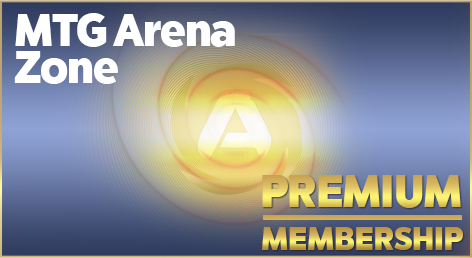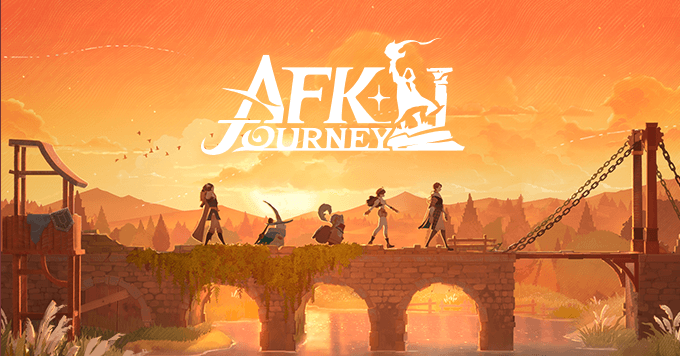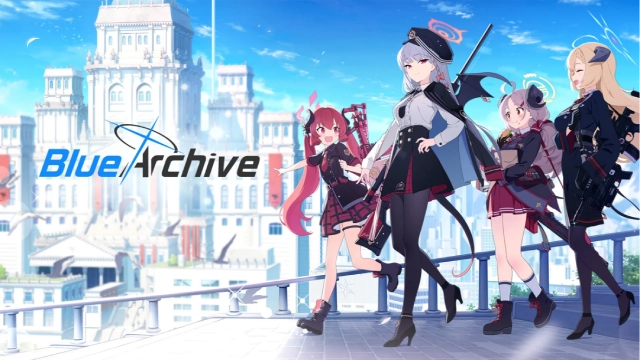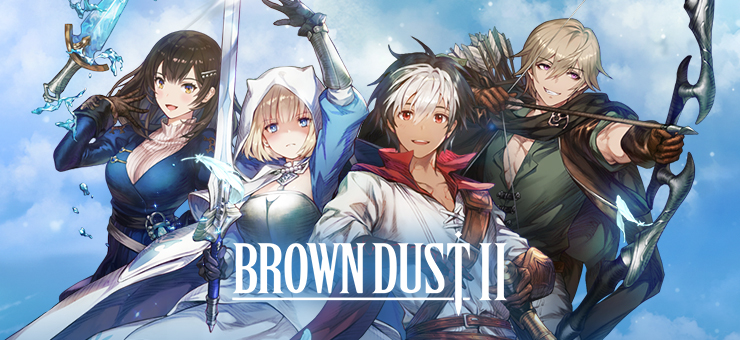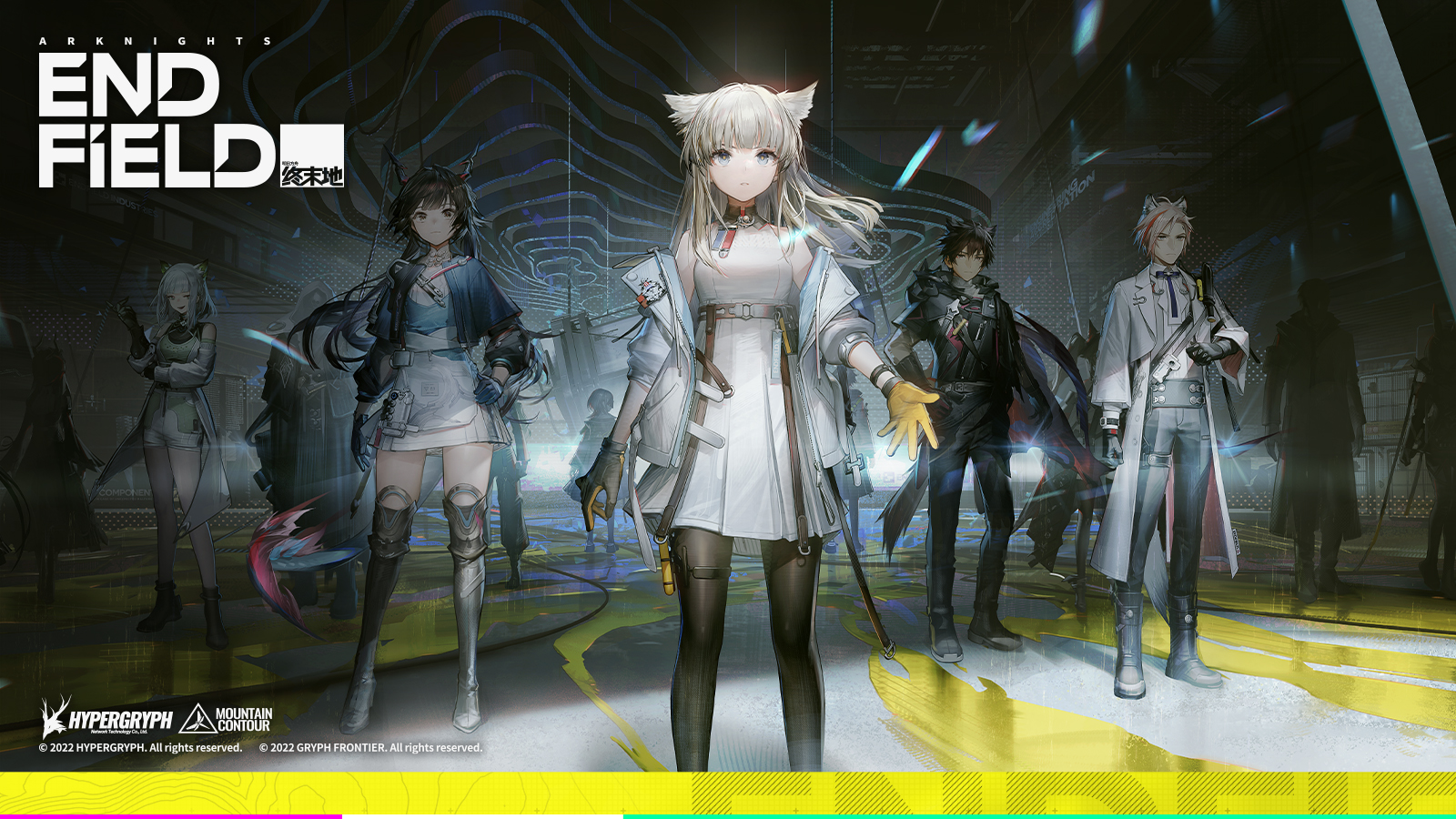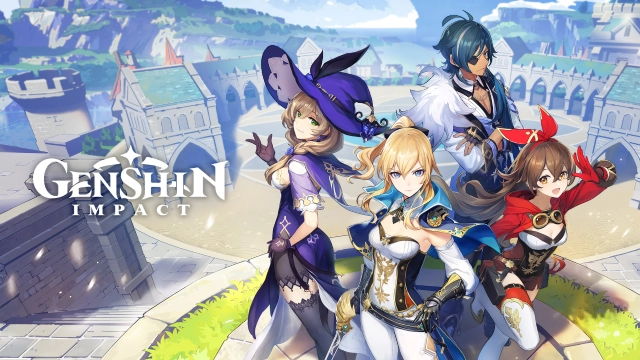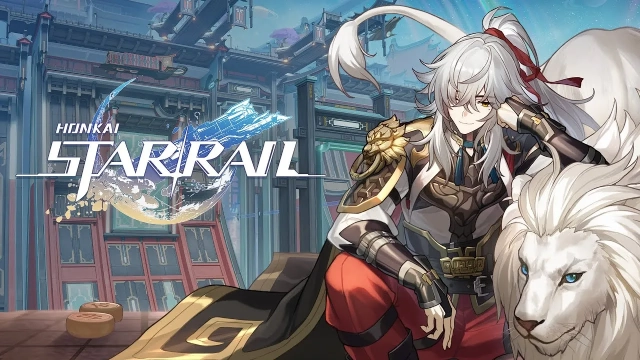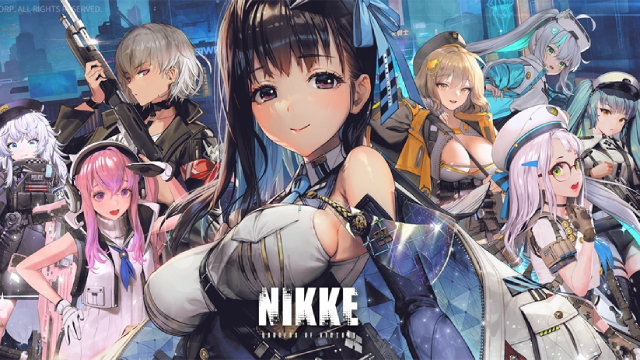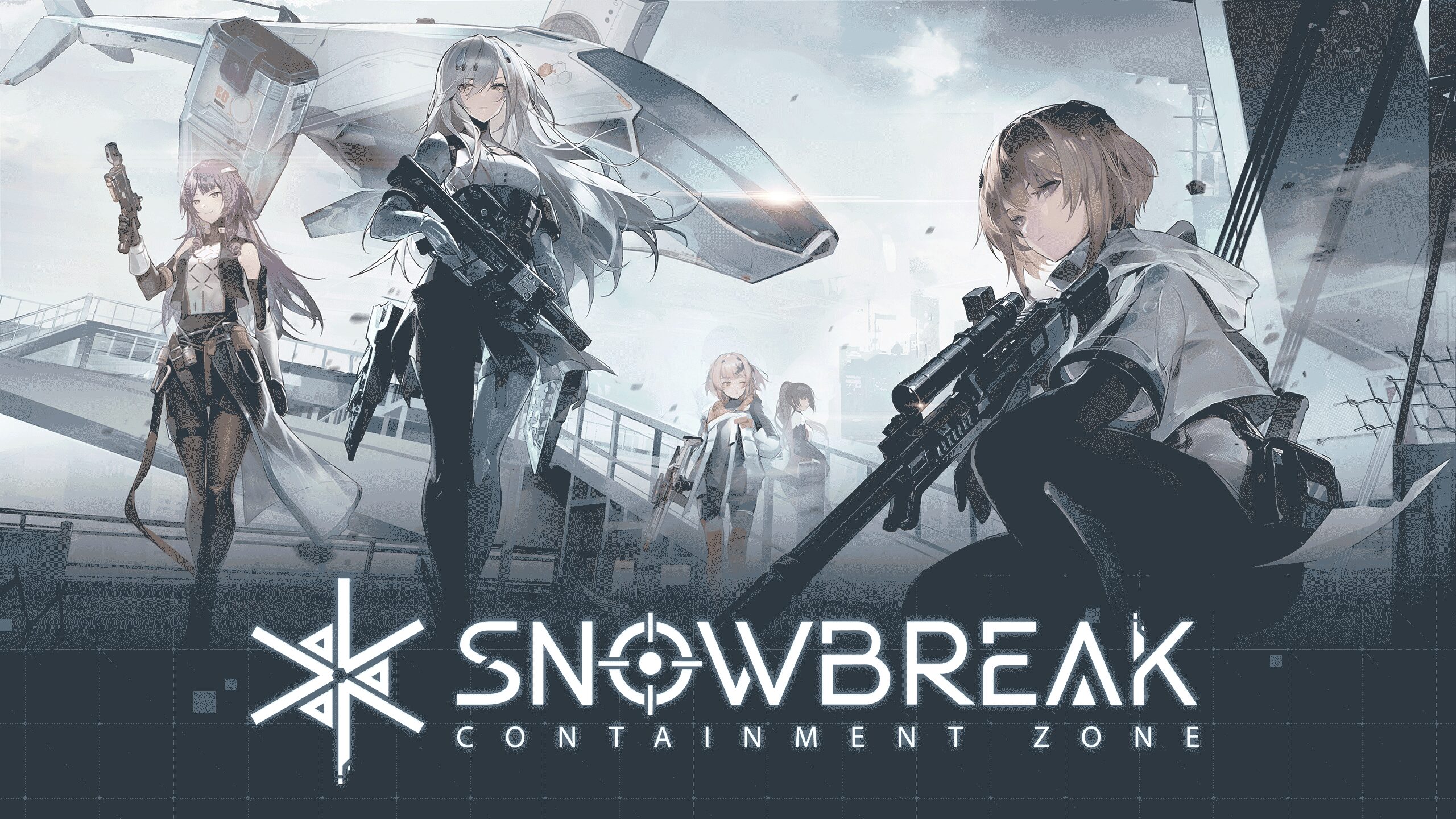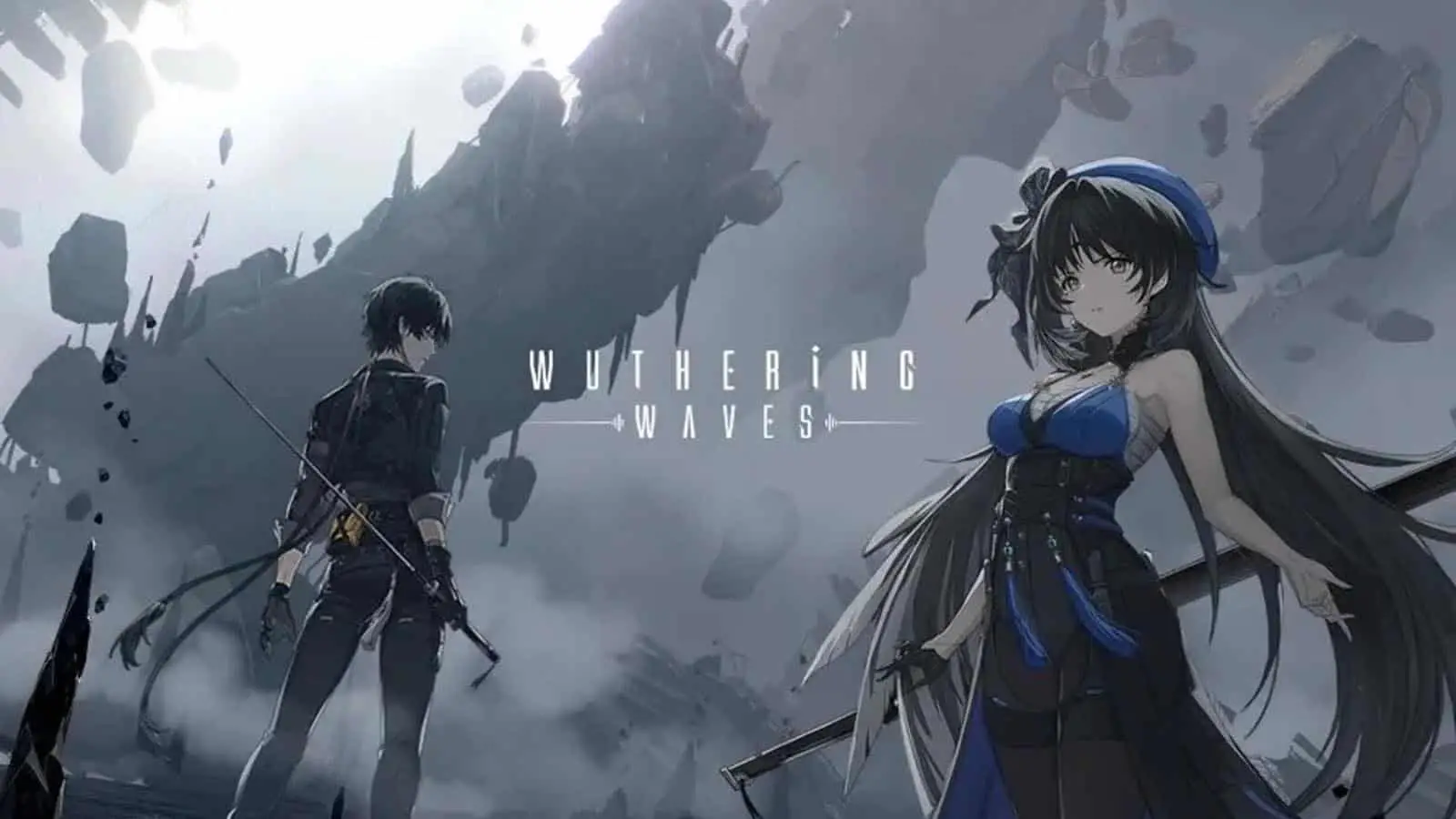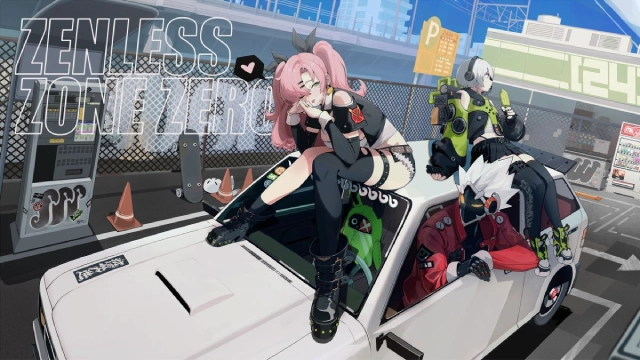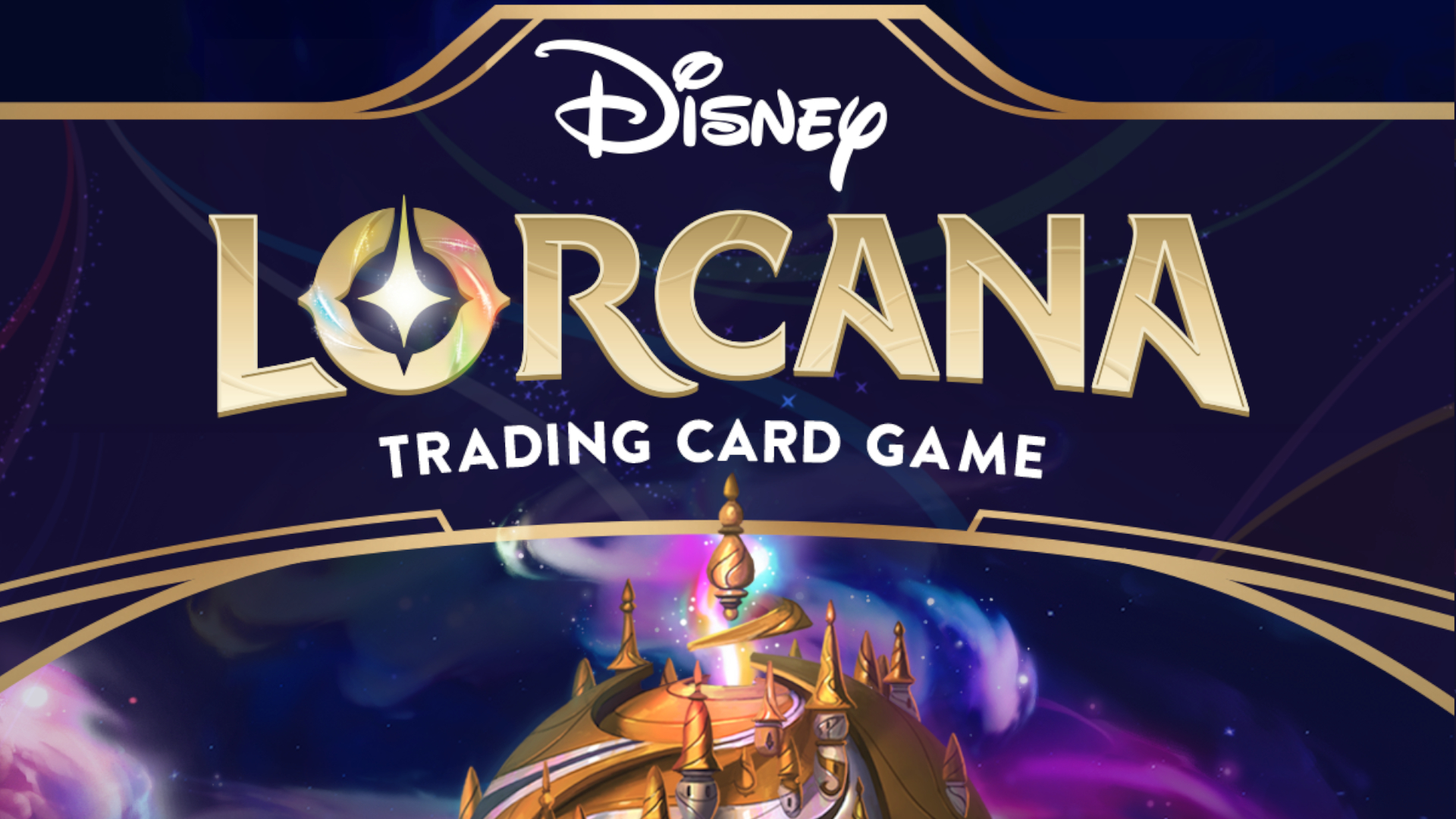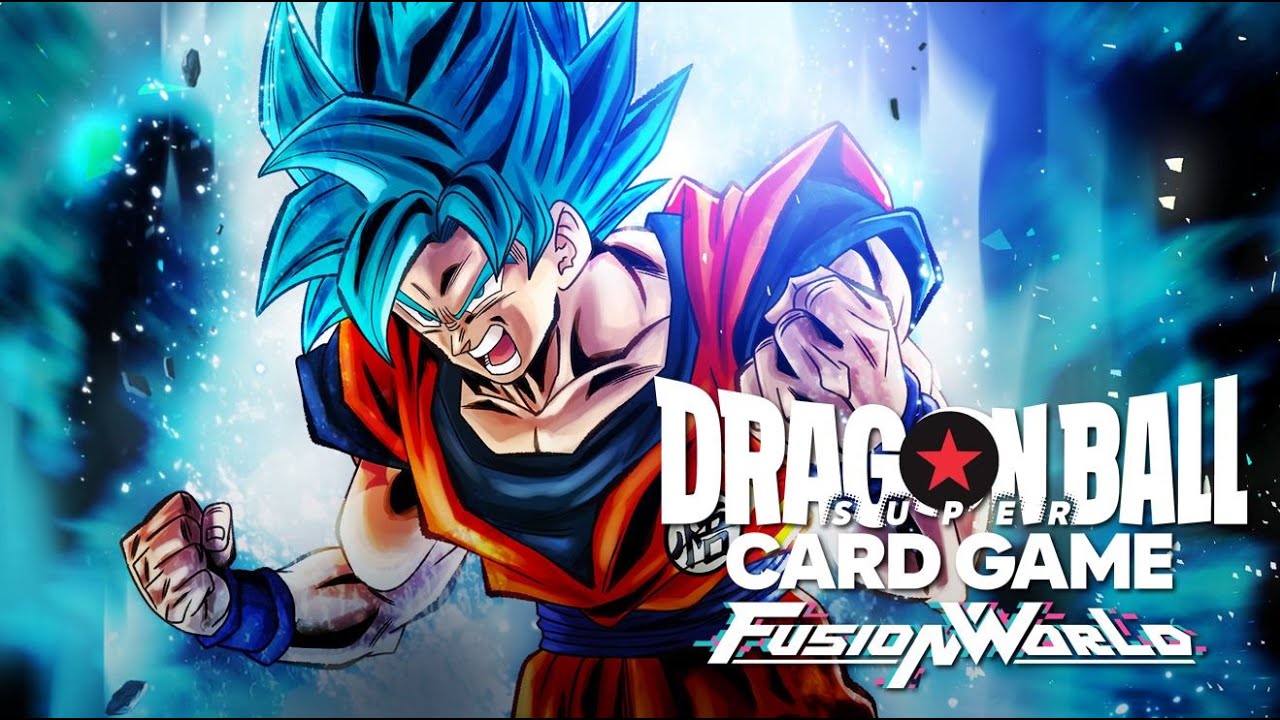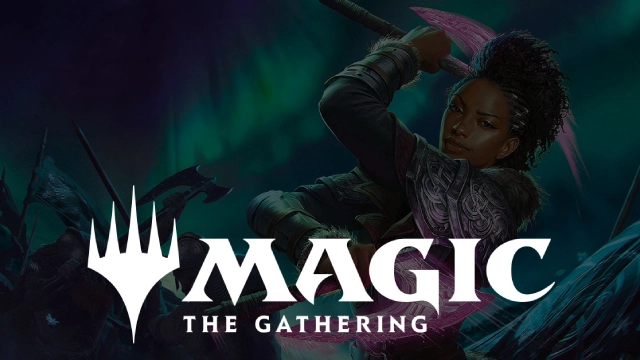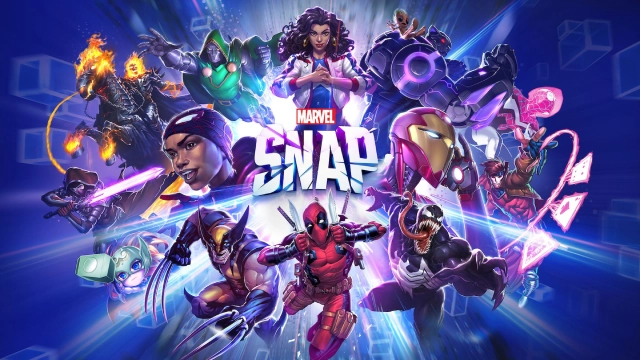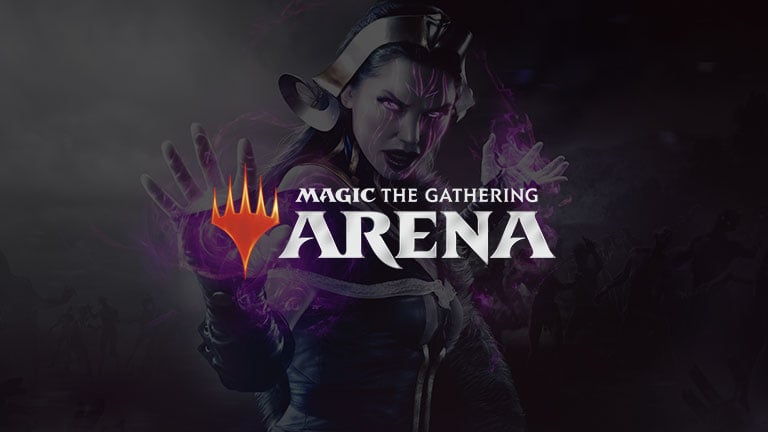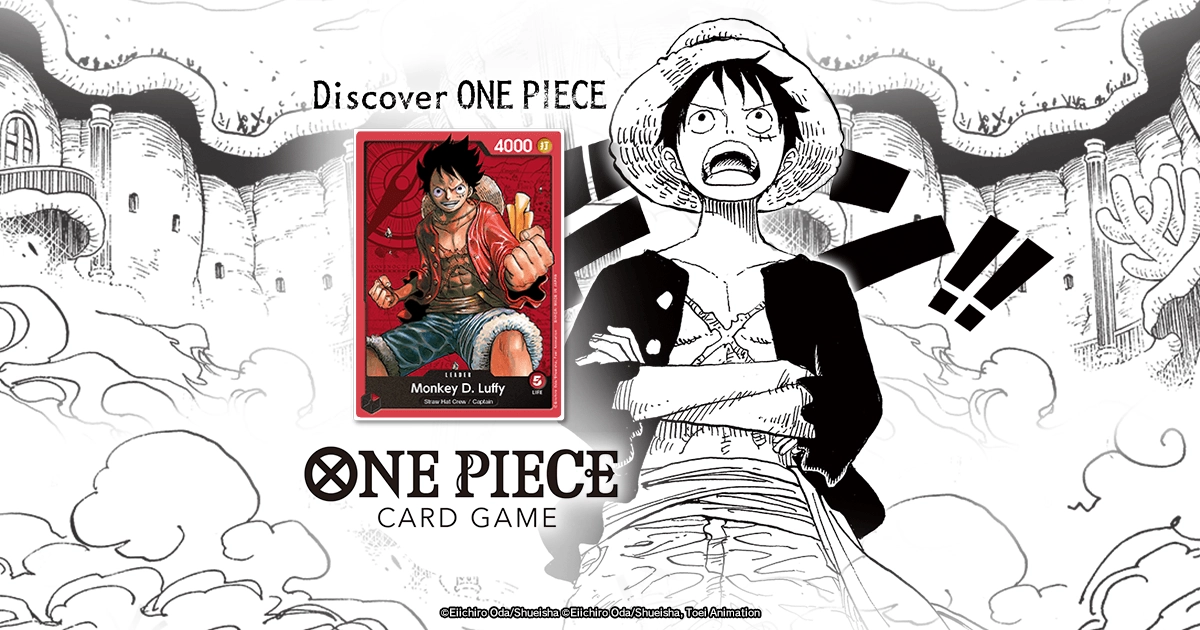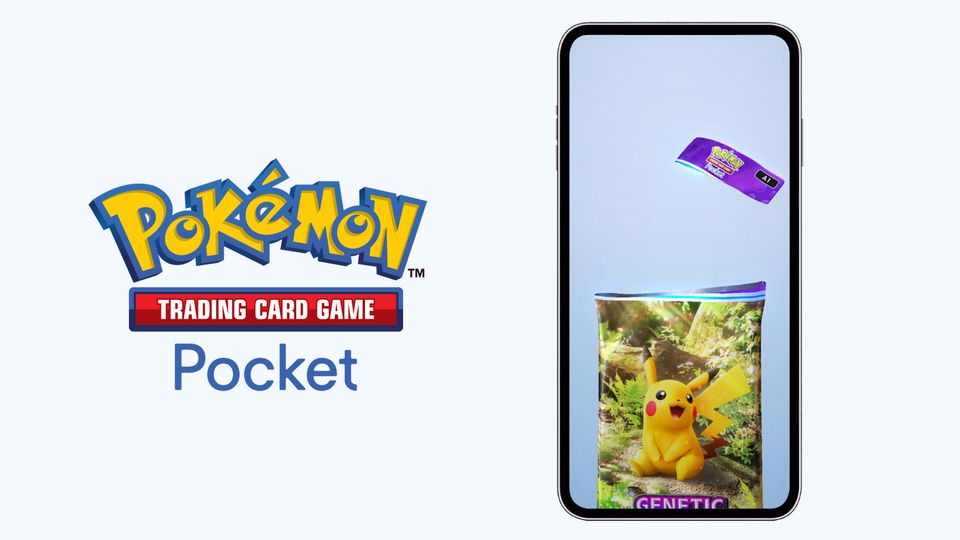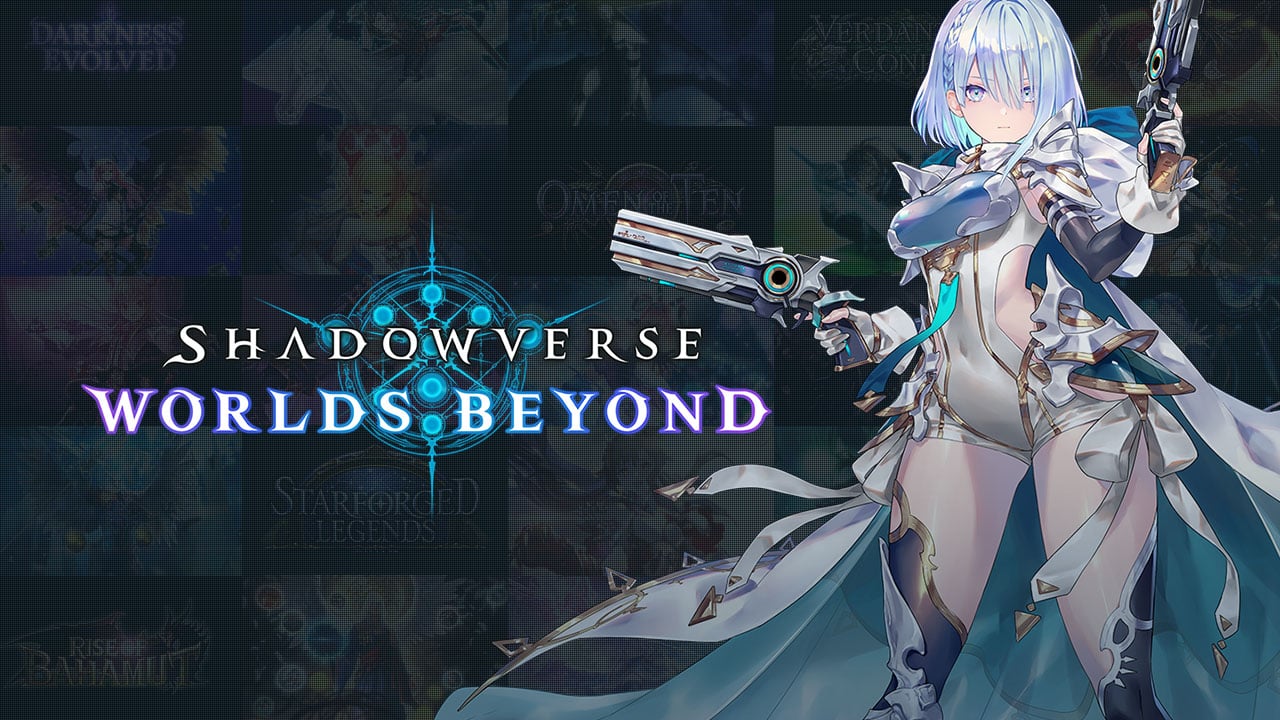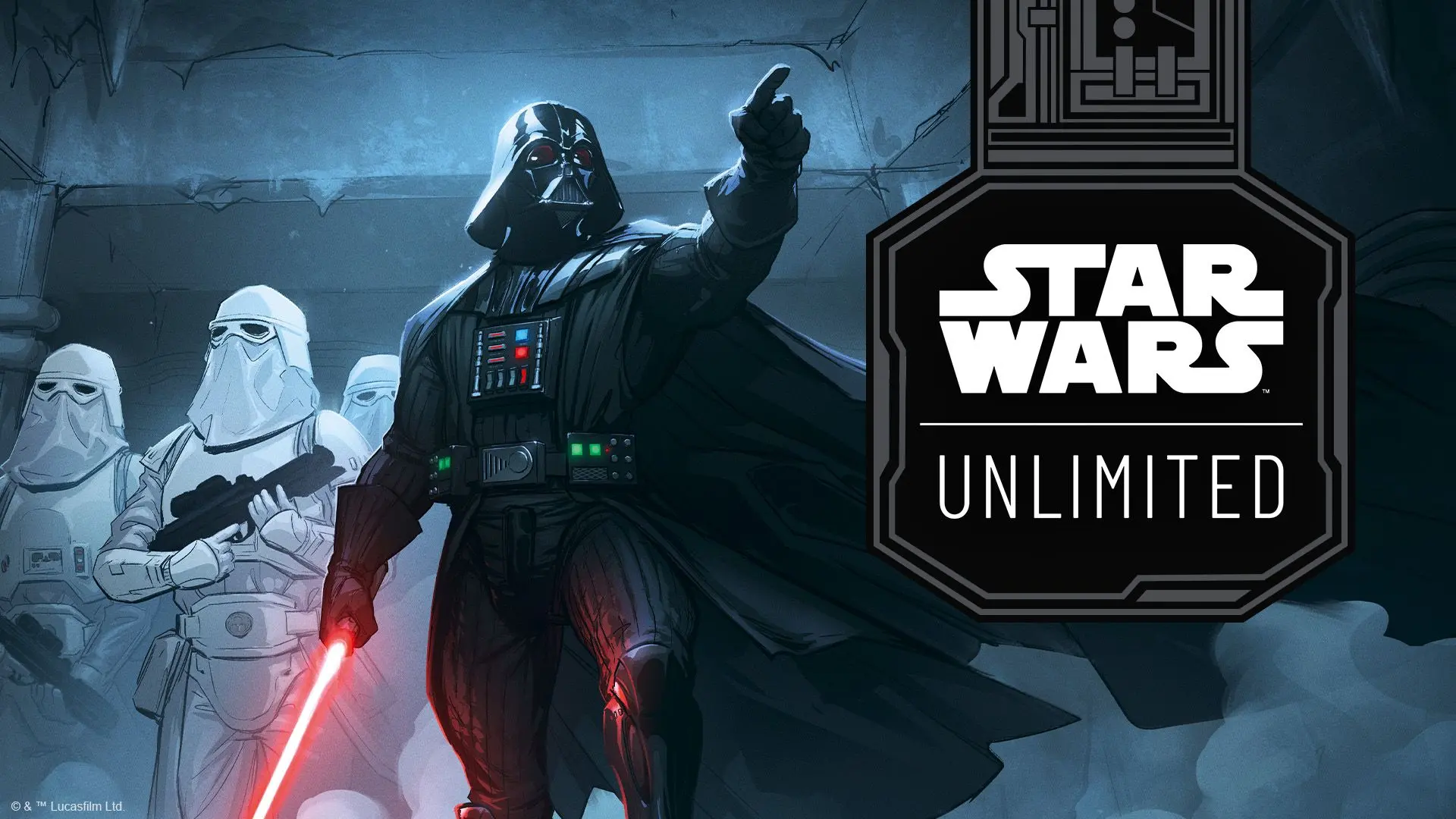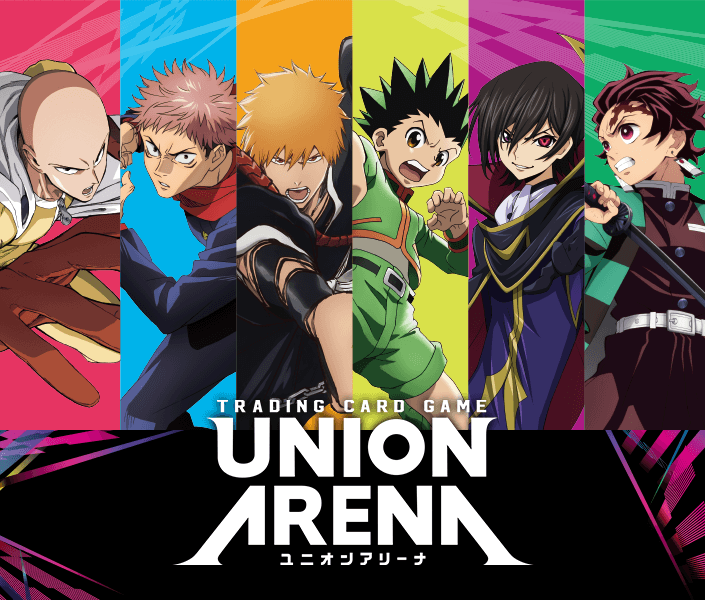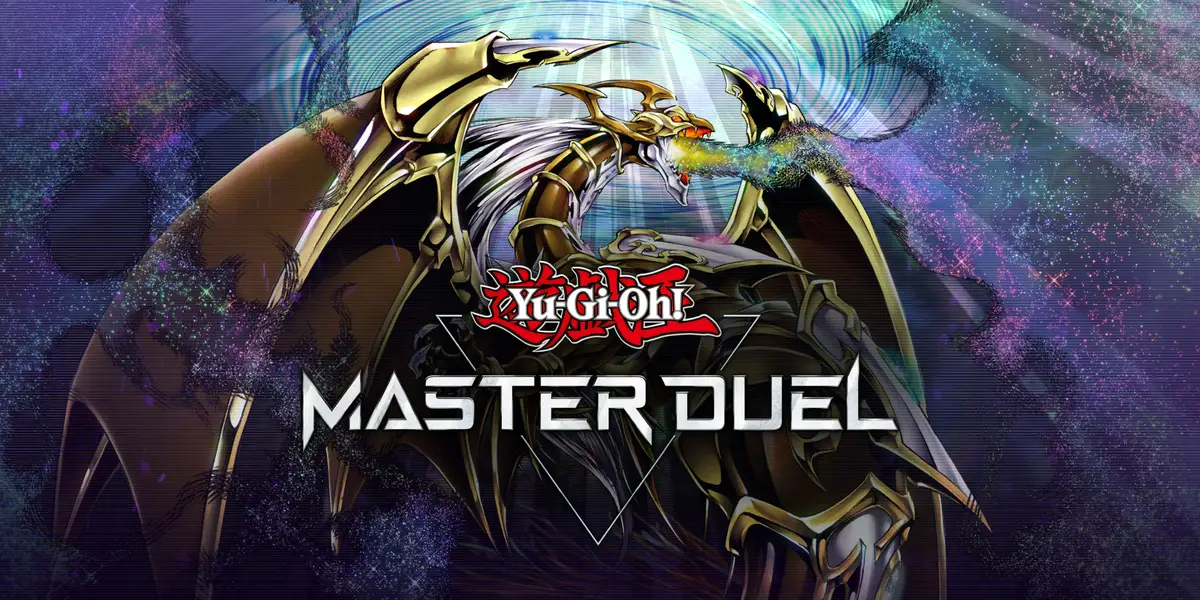Ever since the rise of the internet, “netdecking” has been a large part of Magic: The Gathering. The practice, which has been controversial among players since its inception, involves finding decklists that have been published by others online and constructing the deck yourself.
In fact, “netdecking” is a large part of what we do here at MTG Arena Zone – publishing or re-sharing decks for players online to view and use in whatever way they like, be it to draw inspiration from, adapt, or copy the decks card for card. The concept of sharing decks online is a core element of the game to the extent that both of the current digital versions of the game, MTG Arena and MTGO, have import and export tools built directly into the client.
Few would question that the publishing and sharing of decklists is an important part of the community. It is in fact necessary to some extent for the discussion of the game- our deck guides, for example, could not exist on the same level without an example being provided. Some players, however, feel disdain towards those who copy a deck without making any changes and play it as their own.
Regardless of what one’s personal feelings about netdecking are, there is little debate that the free exchange of information regarding Magic decks and archetypes is critical for the health of the game and its following. Even players who want to play decks entirely of their own design are best served to learn about and even play examples of the format’s most popular archetypes to better inform their deckbuilding choices.
Now, the very idea of who “owns” a decklist, and who has the right to use it, has been called into question. An associate professor of physics by the name of Robert Hovden has successfully obtained a copyright for a Magic: The Gathering deck which he created and calls “Angels and Demons.” Twitter user and author Cory Doctorow has written a very informative piece about the copyright which can be viewed on his website pluralistic.net.
For those who are interested in the legal details of the case, Doctorow’s article breaks down the core principles, with references for how one can learn more about relevant copyright case law. Read on for a brief rundown on the main issues.
What exactly does this copyright mean, and what effect will it have on average players? Hovden, the copyright holder, has a history of filing copyrights that are specifically intended to point out the flaws of the copyright system (more on that in Doctorow’s article above). The “Angels and Demons” deck that has received the copyright appears to be a highly casual deck- at least in the sense that it contains cards only legal in the vintage format, but also includes cards that are nowhere near the power level of competitive vintage decks.
Therefore, it’s probably safe to assume that comments made by Hovden hinting at the idea that he may try to prohibit others from playing his deck in tournaments can be interpreted as tongue-in-cheek. The fact that a single, obscure deck has been copyrighted will not have much of an impact on anyone for now, but Hovden appears to be asking us to consider the potential implications of copyrighted decks in Magic or other similar games.
So if this particular copyrighted deck is not really a concern, what impact will this actually have? While it seems as though Hovden has no intentions to ever enforce his copyright, it’s possible that this event could potentially have more serious implications. Now that obtaining a copyright for a Magic deck has been shown to be possible, the door has been opened for others who might rush to copyright more decks that are actually relevant.
For example, what would happen if a deck were to be copyrighted that is a major archetype in competitive Standard tournaments? How different would a deck have to be in order to avoid a copyright violation? Would swapping one or two cards be enough, or would the deck have to be changed in a more meaningful way? There is no clear answer as of now. Copyright holders could also attempt to control their work in other ways, such as barring the publishing of their deck on websites or social media, including Twitch where many streamers have already run into copyright issues.
It’s also possible that non-fungible tokens, or NFTs, could be used to represent copyrighted Magic decks. An NFT is essentially a digital certificate that can be used to represent a wide variety of objects- most commonly art or video clips that can easily be shared online. There can only be one NFT for a given item, so once an NFT is created, its holder is the sole owner of that item. NFTs can be bought and sold online similar to cryptocurrencies like Bitcoin, and they can be used to set up royalty payments to the holder whenever the object is used. If Magic creators begin to copyright and guard their decks as personal intellectual property, creating NFTs for the decks could potentially be a way to control and monetize them more easily.
For now, Hovden’s less-than-serious copyright is probably not going to have an impact on Magic players at all, but it does raise some serious questions about what would happen if somebody were to obtain a similar copyright with the intent to enforce it. Before the copyright would become a legal issue, Hovden or a potential future copyright holder would have to make a claim against a player using their protected deck. At that point, the matter would be decided by the US court system. Doctorow’s article includes discussion of what past precedent tells us about how the courts might handle this decision, and his write-up is highly recommended for those who would like to know more.
Regardless of whether or not legal action is ever taken in defense of a copyrighted deck, the vast majority of the playerbase will be unaffected. Even in the scenario where there is a mad rush to copyright more decks, while it could become a thorn in the side of tournament players and content creators, it’s highly unlikely that casual players would ever have action taken against them. For now, Hovden’s copyrighted deck is simply a thought experiment, and hopefully, it will stay that way.
Premium >
Enjoy our content? Wish to support our work? Join our Premium community, get access to exclusive content, remove all advertisements, and more!
- No ads: Browse the entire website ad-free, both display and video.
- Exclusive Content: Instant access to all exclusive articles only for Premium members, at your fingertips.
- Support: All your contributions get directly reinvested into the website to increase your viewing experience!
- Discord: Join our Discord server, claim your Premium role and gain access to exclusive channels where you can learn in real time!
- Special offer: For a limited time, use coupon code L95WR9JOWV to get 50% off the Annual plan!
